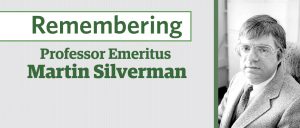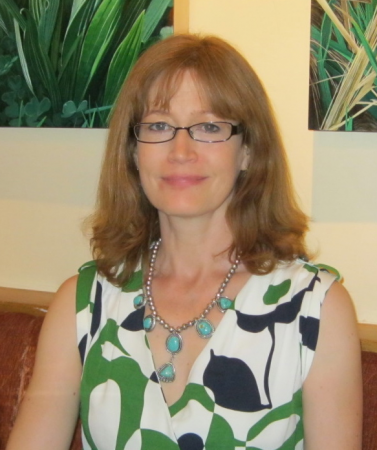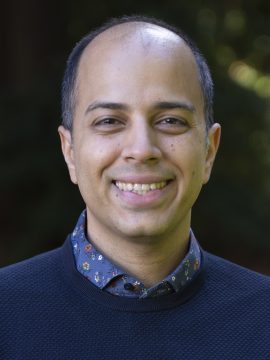Professor Emeritus, Martin G. Silverman
(September 23, 1939 – June 29, 2018)


Martin G. Silverman was born in New York, NY in 1939. After concluding undergraduate studies at Harvard, he went to the Australian National University as a Fulbright Scholar in 1960. Under the supervision of the renown Pacific historian, Harold Maude, Martin Silverman conducted a preliminary study of Banaba Islanders, a Micronesian group that had been resettled by the British government Rabi Island in Fiji due to the devastation of their remote home island due to phosphate mining. Martin returned to Rabi for his dissertation research at the University of Chicago under the supervision of David M. Schneider.
Silverman was among the first to apply Schneider’s revolutionary symbolic interpretation of kinship to an Oceanic society, most notably in his first book, Disconcerting Issue: Meaning and Struggle in a Resettled Pacific Community (Chicago, 1971). In addition, he made significant contributions to the study of Oceanic adoption, sociolinguistics, and symbolic anthropology. In 1966, he accepted a position at Princeton University, serving as department chair in 1970-73. During this period, Martin became increasingly interested in the intersections of symbolic anthropology with neo-Marxist theory. In 1973, he took up a position in Symbolic Anthropology at the University of Western Ontario where he continued a collaboration with Stephen Barnett that resulted in his second book, Ideology and Everyday Life: Anthropology, Neomarxist Thought, and the Problem of Ideology and the Social Whole (Michigan, 1979).
In 1977, Martin Silverman joined the UBC Department of Anthropology and Sociology, serving as Department Head from 1981 to 1987. At UBC, he taught courses on anthropological theory, kinship, and Oceania and served on the committees of numerous graduate students. During this period, he returned to one of his earliest scholarly passions—Oceanic numbering systems—a topic he continued to pursue following his retirement from UBC in 2002.
by John Barker


